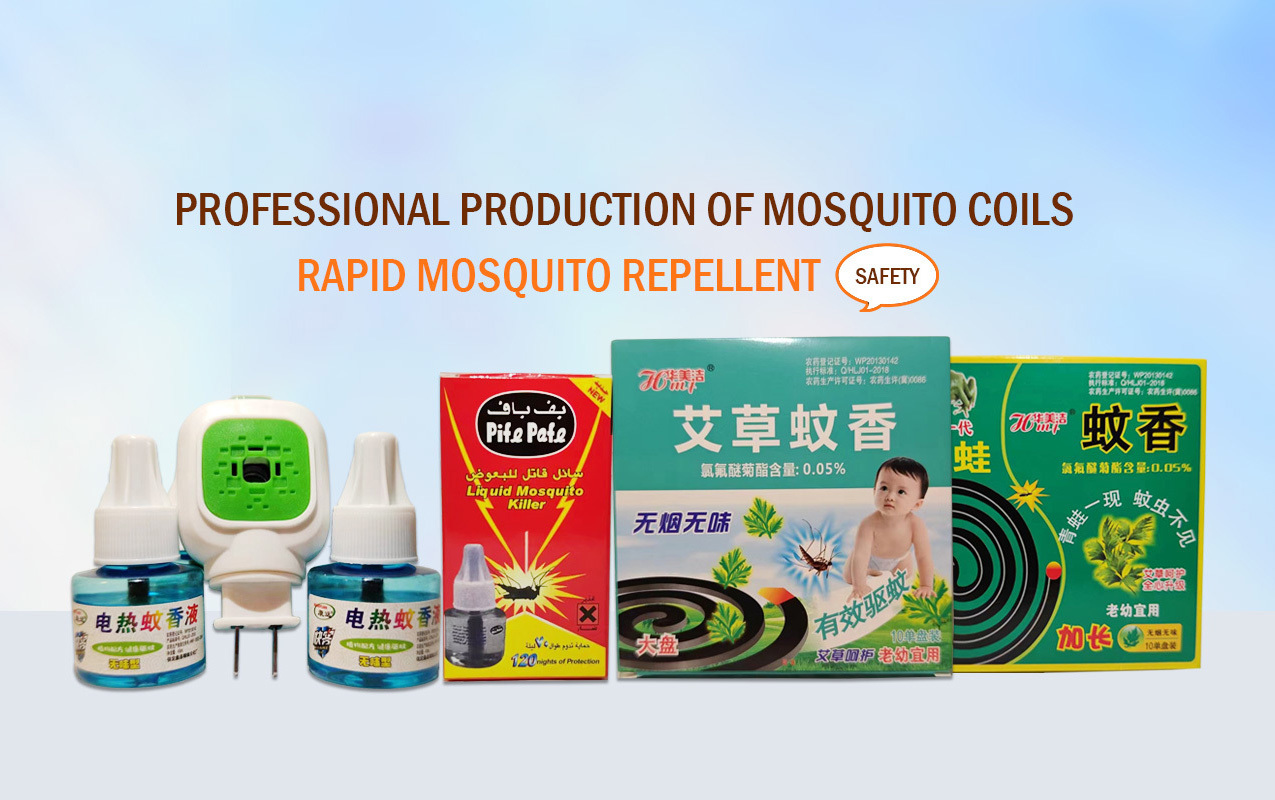The Ultimate Guide to Pesticides for Mosquito Control in Agriculture
2025-04-11

Mosquitoes are not just a nuisance; they are also vectors for numerous diseases that can threaten both human health and agricultural productivity. In the realm of agriculture, effective mosquito control using pesticides has become increasingly important. Understanding how these pesticides work, their application methods, and safety protocols is crucial for farmers and agricultural professionals.
Pesticides for mosquito control primarily fall under two categories: larvicides and adulticides. Larvicides target the immature stages of mosquitoes, effectively preventing them from developing into adults that can breed and spread diseases. These are typically applied to standing water where mosquitoes breed, and they can be highly effective in large agricultural settings with water bodies or irrigation systems.
On the other hand, adulticides are designed to kill adult mosquitoes on contact. They are often used in conjunction with traps and other control methods for a more comprehensive approach. It's important to choose the right type of pesticide based on the specific mosquito life cycle stages present and the environmental conditions.
When considering the use of pesticides for mosquito control, it is vital to take an integrated pest management (IPM) approach. This means combining chemical methods with biological control strategies, habitat modification, and public education to minimize the impact of mosquitoes. For example, maintaining proper drainage to eliminate standing water can significantly reduce mosquito breeding sites.
Safety is also a top priority when using pesticides. Farmers should always follow the manufacturer's guidelines for application rates and safety precautions to protect themselves, workers, and the surrounding environment. Additionally, it is crucial to stay informed about local regulations regarding pesticide use, as certain substances may be restricted or require special permits.
Moreover, understanding the potential impacts of pesticides on non-target species is essential. Many beneficial insects, such as bees and natural mosquito predators, can be adversely affected by certain pesticides. Therefore, selecting products that are less harmful to these beneficial organisms can create a healthier ecosystem and improve crop resilience.
In conclusion, the use of pesticides for mosquito control in agriculture is a vital practice to safeguard crops and public health. By employing responsible pesticide management strategies and integrating various control methods, agricultural professionals can effectively manage mosquito populations while minimizing risks to human health and the environment. Staying informed and proactive in pest management is essential for sustainable agricultural practices.
Recommend News
Contact Us
Leave Us A Message


